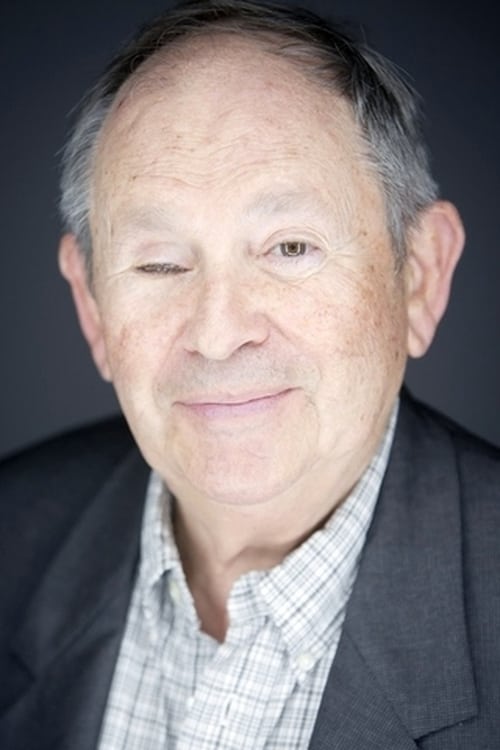
Jean-Claude Grumberg
出生 : 1939-07-26, Paris, France
略歴
Jean-Claude Grumberg (born 1939) is a French playwright and author of children's books.
Before becoming a playwright, Jean-Claude Grumberg held several jobs including working as a tailor, he takes to the middle part of his play L'Atelier. He discovered drama being an actor in the company. He became a writer in 1968 with Demain, une fenêtre sur rue, and short texts like Rixe which played at the Comédie-Française. He writes about what haunts him since childhood: the death of his father in the Nazi death camps: Maman revient pauvre orphelin, Dreyfus (1974), L'Atelier (1979) and Zone libre (1990).
In 1998, L'Atelier returned to Théâtre Hébertot in Paris, won great success and won the 1999 Molière for best play directory.
In film, he is writer: Les Années Sandwiches, co-writer with François Truffaut for The Last Metro, La Petite Apocalypse of Costa-Gavras, Le Plus Beau Pays du monde by Marcel Bluwal (1999), Fait d'hiver Robert Enrico (1999). For television, he wrote scenarios Thérèse Humbert, Music Hall, by Marcel Bluwal, Les Lendemains qui chantent, by Jacques Fansten et Julien l'apprenti, by Jacques Otmezguine.
He is one of the few contemporary French playwrights alive to be studied in school (including L'Atelier). Jean-Claude Grumberg received the Grand Prize of the Académie française in 1991 and SACD Prize in 1999 for lifetime achievement; the Molière's best playwright in 1991 for Zone libre and in 1999 L'Atelier.
Jean-Claude Grumberg is the father of actress Olga Grumberg.
Source: Article "Jean-Claude Grumberg" from Wikipedia in English, licensed under CC-BY-SA 3.0.

Screenplay
A young woman is searching, today, in Paris, the collection of paintings stolen from her Jewish family during WWII.
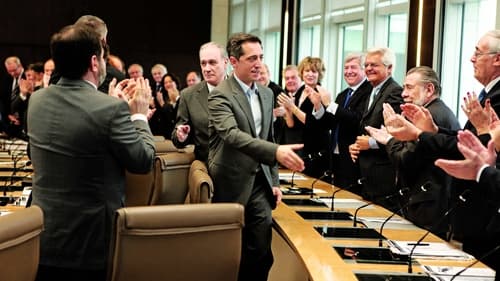
Screenplay
The head of a giant European investment bank desperately clings to power when an American hedge fund company tries to buy them out.
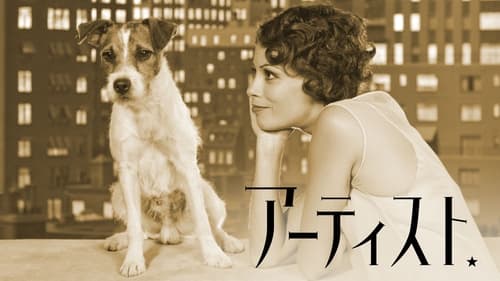
Thanks
サイレントからトーキーへと移り変わるころのハリウッドを舞台に、スター俳優の葛藤と愛を美しいモノクロ映像でつづるサイレント映画。アカデミー作品賞、監督賞、主演男優賞など5部門を受賞。
1927年のハリウッドで、サイレント映画のスターとして君臨していたジョージ・ヴァレンティン(ジャン・デュジャルダン)は、新作の舞台あいさつで新人女優ペピー(ベレニス・ベジョ)と出会う。その後オーディションを経て、ジョージの何げないアドバイスをきっかけにヒロインを務めるほどになったペピーは、トーキー映画のスターへと駆け上がる。一方ジョージは、かたくなにサイレントにこだわっていたが、自身の監督・主演作がヒットせず……。

Writer

Author
France, Normandy, towards the end of World War II: Young French women are recruited as wives for American GIs. In US Army recreation camps, the so-called "Cigarette Camps", they are being prepared for their trip to the US - to men who have married them.

Writer
"At the end of the war, despite the loss of one of their two daughters at Auschwitz and with the vain hope of finding the other entrusted to the Carmelites, a dentist and his wife are trying at all costs to return to life. Perhaps the Promised Land will heal their sorrows ... "
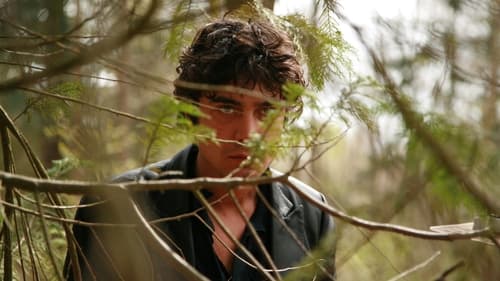
L'homme à la sortie du métro
Desperate to break free from the poverty of his homeland, Elias boards a ramshackle people-smuggling trawler to France. But when the boat is raided by police, Elias leaps into the ocean, eventually finding himself washed up on a Mediterranean beach resort called Eden. So begins Elias odyssesy across Western Europe to Paris, where wondrous promise, helpful new friends and perilous dangers await him every step of the way.

Writer
Desperate to break free from the poverty of his homeland, Elias boards a ramshackle people-smuggling trawler to France. But when the boat is raided by police, Elias leaps into the ocean, eventually finding himself washed up on a Mediterranean beach resort called Eden. So begins Elias odyssesy across Western Europe to Paris, where wondrous promise, helpful new friends and perilous dangers await him every step of the way.

Screenplay
A "Reformed Colonel" is found dead in Paris, a couple of decades after Algeria's struggle for independence was won from France. Lieutenant Galois is assigned the investigation of this murder. She receives the diary of Lieutenent Guy Rossi who served under The Colonel in Algeria in 1956, and has been reported as missing in action since 1957. The revelations found in Rossi's diary go far beyond The Colonel's actions in Algeria, and give an insight on how dirty Algeria's War for Independence really was.
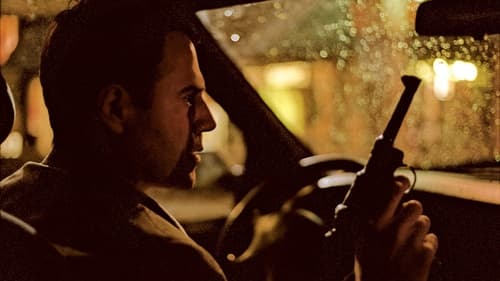
Screenplay
A chemist loses his job to outsourcing. Two years later and still jobless, he hits on a solution: to genuinely eliminate his competition.
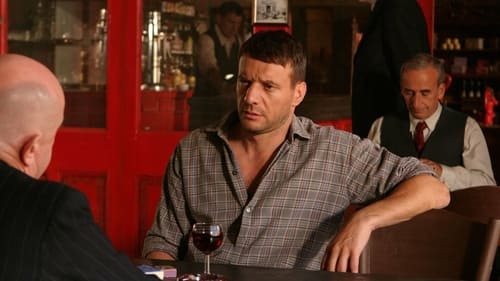
Writer
93, rue Lauriston, in the 16th arrondissement de Paris, is an address of bleak memory. It was indeed the headquarter of the French Gestapo, which was active between 1941 and 1944 and was headed by Henri Lafont and Pierre Loutrel, two wanted criminals. On the day of 1940 he was demobilized, little did well-meaning Léon Jabinet know that he would be associated with such disreputable characters. And yet, some time later, Odile Panzer, the Jewish girl he has been hiding at his parents'place, is arrested by the Gestapo. On this occasion Léon is offered a deal for her release: collaborating with the Carlingue (another name for the French auxiliaries of the Nazi police) and Odile will be free. Or else... What should he do?

Writer
Somewhere in Europe in the twentieth century, a young man decides to change his life by engaging in the army. A modern and quirky tale, with Jérémie Renier and Bernard Le Coq.
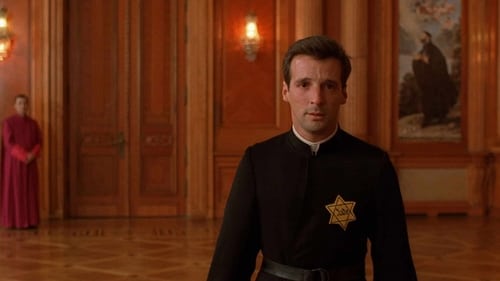
Screenplay
Kurt Gerstein—a member of the Institute for Hygiene of the Waffen-SS—is horrified by what he sees in the death camps. he is then shocked to learn that the process he used to purify water for his troops by using Zyklon-B, is now used to kill people in gas chambers.

Writer
The apprenticeship of Julien with the Rosmers, furriers, beginning in 1933 just before their world is transformed by anti-Semitism.

Writer
This is a psychological drama about Louis Riquier (Charles Berling), a veteran of the Algerian war and a divorced father whose wife (Beatrice Palme) has custody of their children and who barricades himself with the kids in his country house. The police and the press surround the house, but he does not want to surrender. Instead, he gets more and more violent. Manipulated by their father, the kids go along with the scenario, taking it as a game. The film has as background the turbulence of 1968, with all its left-wing political implications. As in the director's previous film (Vieux fusil (The Old Gun), the gun also has multiple purposes here. Literally speaking, it is the instrument of crime; metaphorically, it is the force that would liberate the poor victim from his tragic fate. But the hero is just too violent and emotionally disturbed to evoke one's pity.
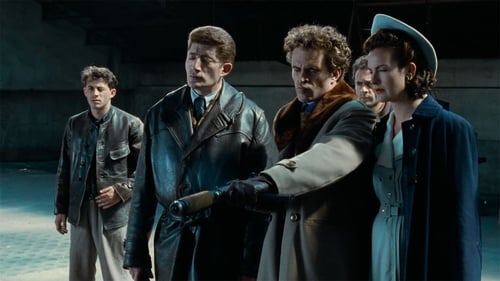
le père de Raymond
A love story or a tale of the resistance, this poignant movie tells both the haunting story of a French resistance cell in Lyon but also the love of Lucie Aubrac for her husband...
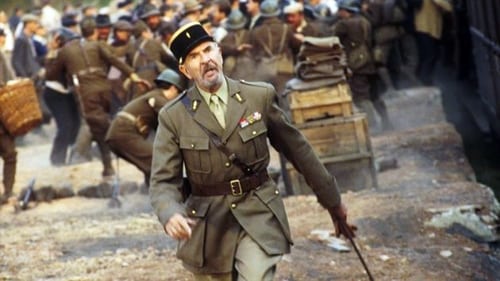
Writer
In the beginning of the Second World War, Germans, Austrians and persons without nationality living in France are sent to the concentration camp of Les Milles by France government. Commander Charles Perrochon is the responsible for this camp and he promises to the leaders of the prisoners to protect them from the Nazis. When France is invaded by the Germans, Commander Perronchon will disobey orders and his superiors trying to save these men. He gets a train, a ship and money from USA to send about eight hundred of these prisoners to the safety of Casablanca, in Marrocos.
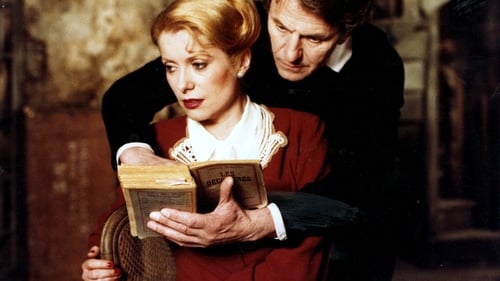
Dialogue
第二次世界大戦中のパリで、美貌の女優マリオンは亡命したと偽り劇場の地下に匿われた夫に演技指導を受けながら、その劇場を守っていた。しかし新人俳優ベルナールに惹かれていき……。
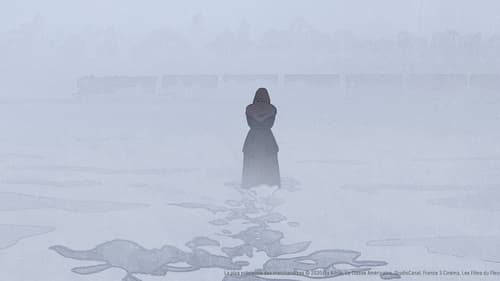
Screenplay
During World War II a French Jewish family is deported to Auschwitz. On the train to the death camp, in a desperate gesture, the father throws one of his twins out into the snow, where he’s discovered by a childless Polish couple.

Author
During World War II a French Jewish family is deported to Auschwitz. On the train to the death camp, in a desperate gesture, the father throws one of his twins out into the snow, where he’s discovered by a childless Polish couple.











